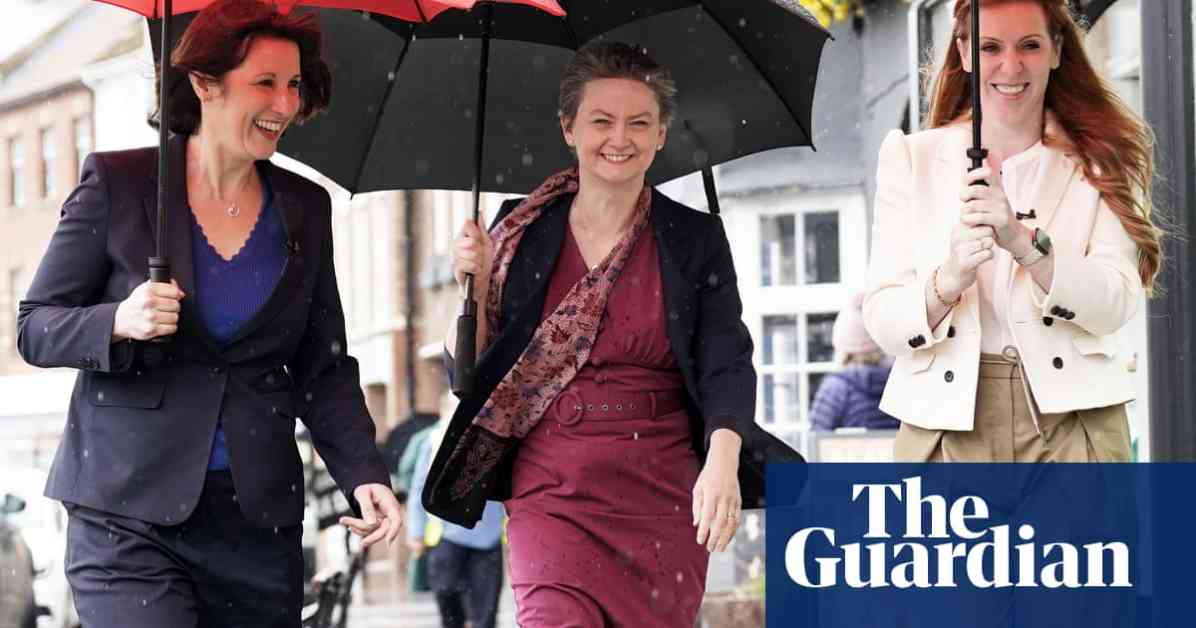The UK government has placed a ban on cabinet ministers from visiting Russia amidst a missile dispute between the two countries. This new sanction was announced by Moscow’s foreign affairs ministry, which has also included more than 30 British citizens, including senior Labour politicians like Angela Rayner, Yvette Cooper, and Rachel Reeves, on a “stop list.”
Tensions between London and Moscow escalated after Ukraine used British missiles to strike deeper into Russia, prompting the latest round of diplomatic fallout. In response, Russia announced the expulsion of a British diplomat for alleged spying, citing strained relations since Russia’s invasion of Ukraine.
The UK, on the other hand, imposed fresh sanctions on 30 oil tankers from Russia’s “shadow fleet” in an effort to cut off funding for Vladimir Putin’s war in Ukraine. Moscow retaliated by adding politicians, military officials, journalists, and tech industry figures to its “stop list,” citing the UK government’s anti-Russian rhetoric as the reason behind the move.
Notably, Keir Starmer, the prime minister, and David Lammy, the foreign secretary, were already banned from entering Russia, along with other British politicians, businesspeople, and journalists back in 2022. The recent expulsion of a British diplomat by the FSB, Russia’s domestic intelligence agency, further strained the already fragile relationship between the two countries.
Despite the allegations made by Russia, the British government has refuted them, calling them baseless and malicious. This diplomatic back-and-forth is not new, as both countries have a history of expelling each other’s diplomats over espionage accusations.
The decision to allow Ukraine to use Storm Shadow missiles on targets inside Russia was a significant turning point in the conflict, leading to further tensions between Britain and Russia. This move came after the US president, Joe Biden, approved the use of America’s long-range Atacms weapon for similar strikes.
As the situation continues to evolve, both countries are weighing their responses to each other’s actions. The UK government remains steadfast in protecting its national interests while maintaining diplomatic relations with Russia through its embassy in Moscow.
Overall, the ban on cabinet ministers visiting Russia and the ongoing missile dispute highlight the fragile state of diplomatic relations between the UK and Russia, with both countries taking measures to assert their positions in the conflict. The implications of these actions extend beyond diplomatic circles and have broader implications for international relations in the region.












